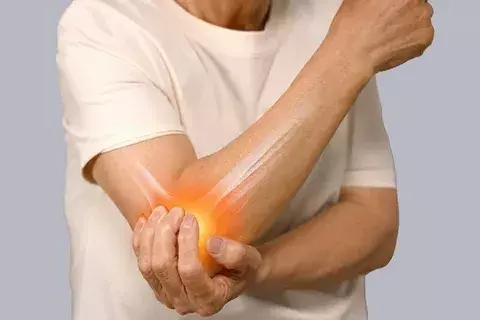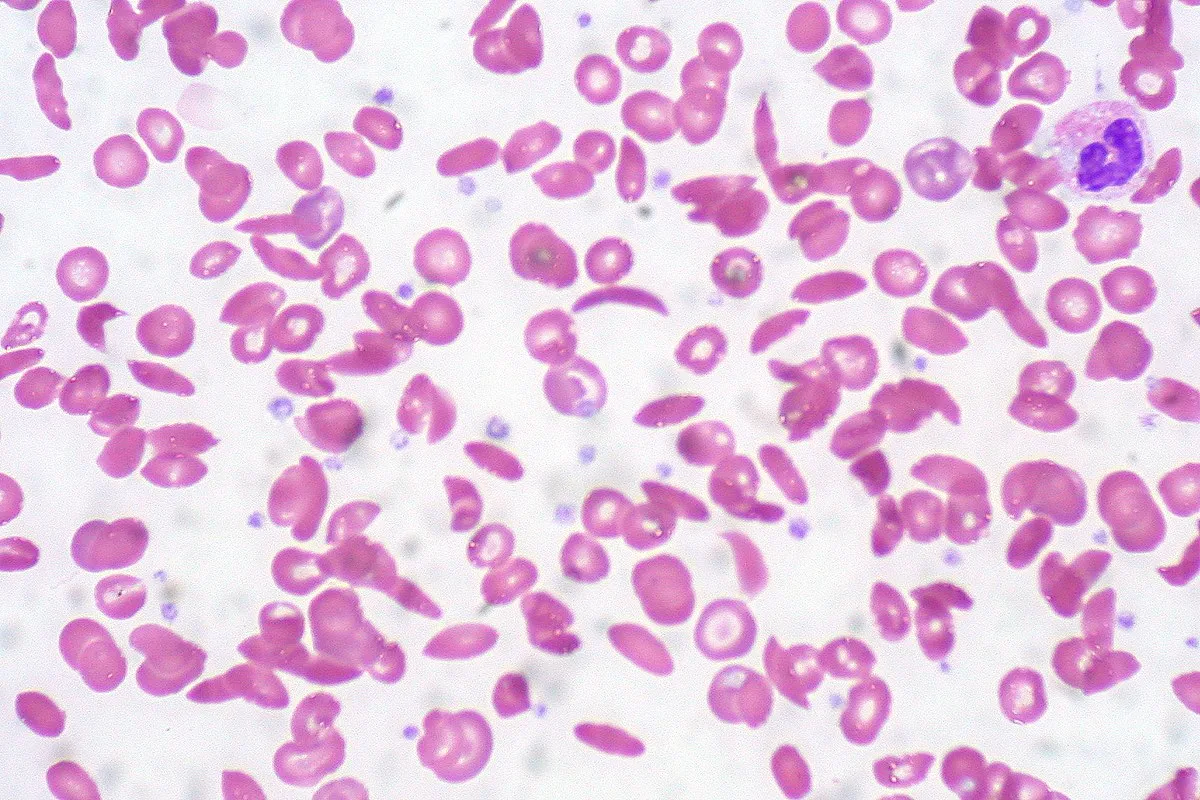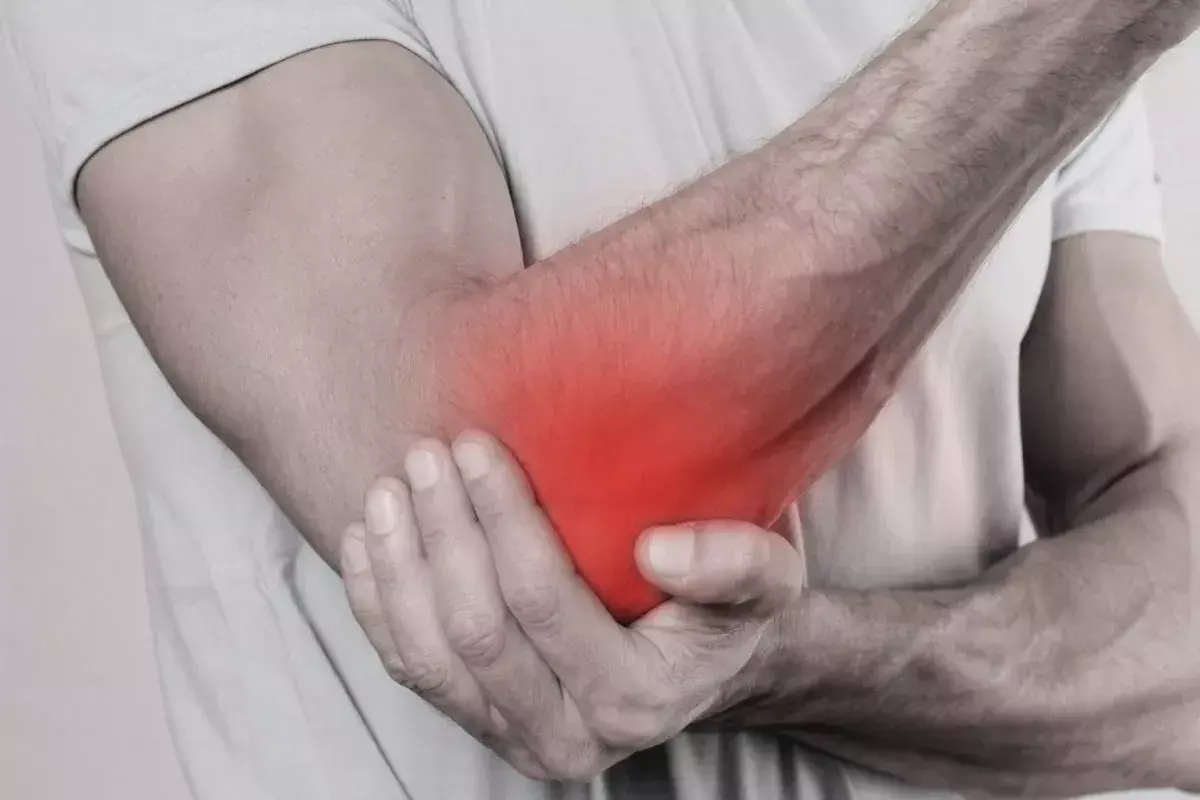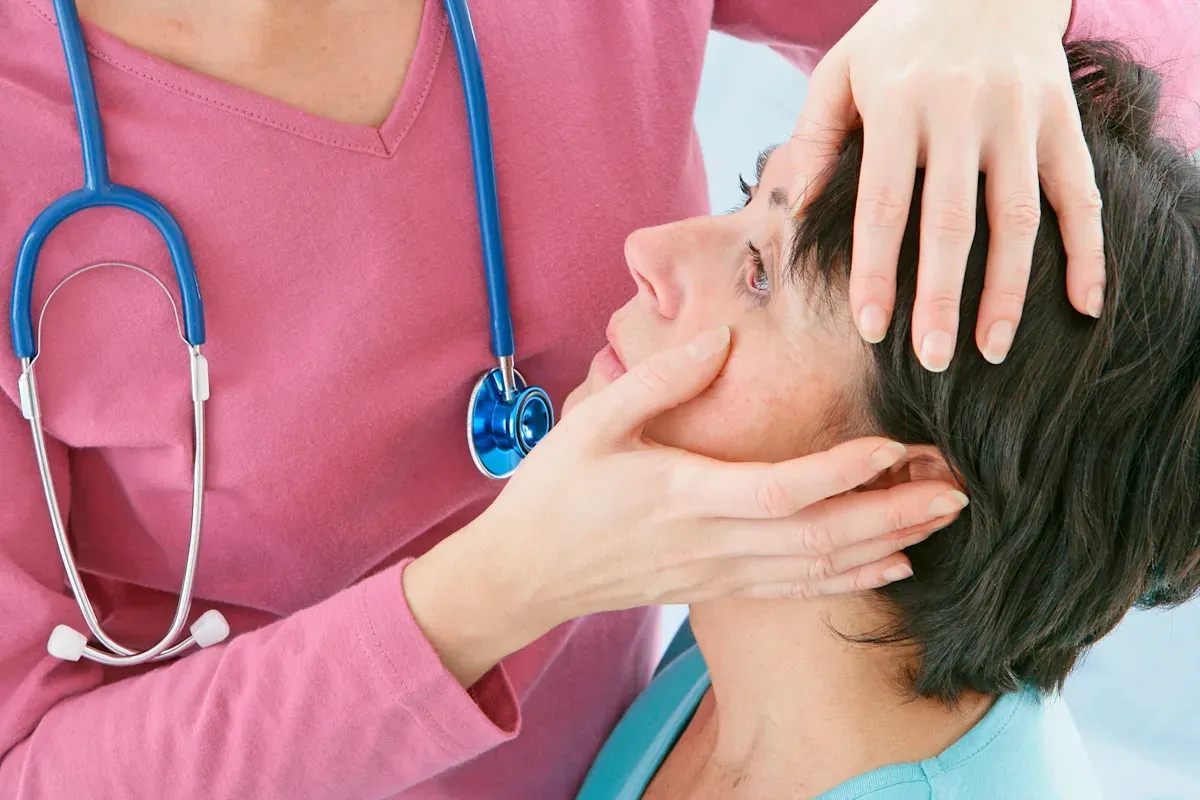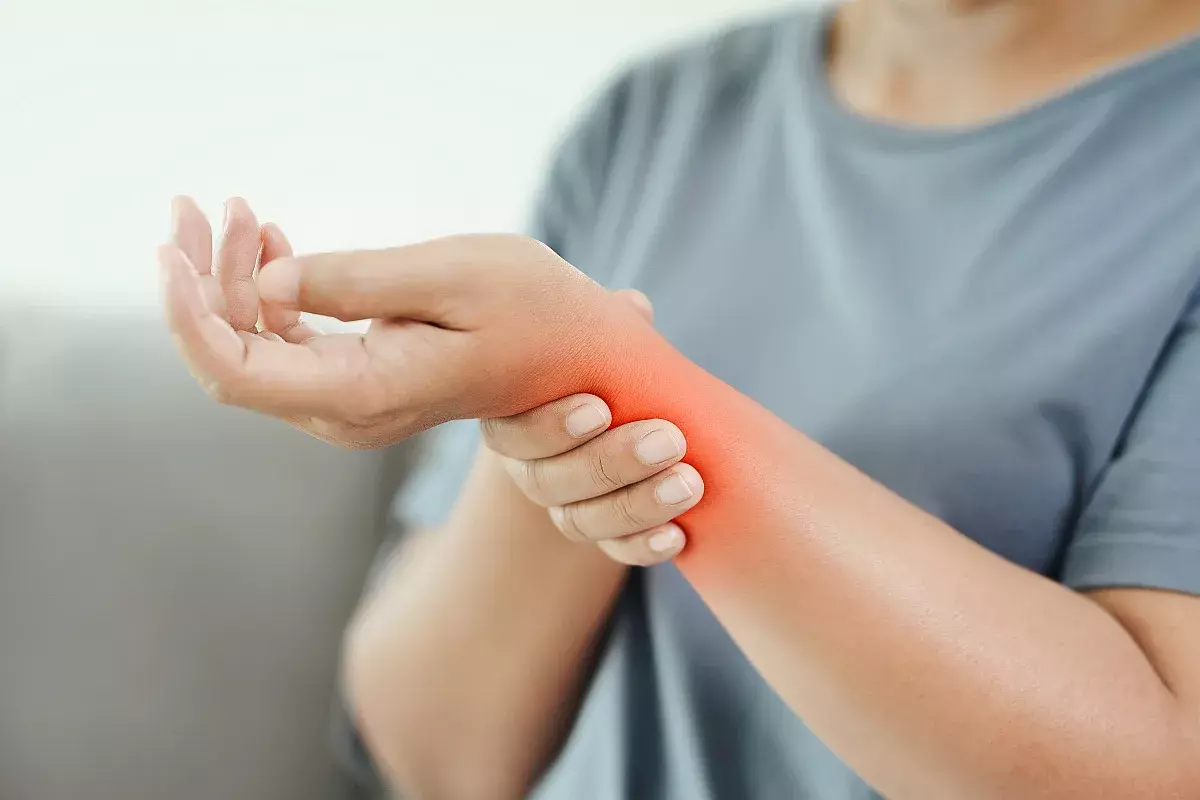Welcoming a new baby is a life-changing event for many mothers, filled with joy but also unexpected emotional challenges. One such challenge is postpartum depression (PPD), a complex and often misunderstood condition. In this comprehensive guide, we’ll break down what PPD is, review its symptoms, explore how long it can last, uncover its causes, and, most importantly, highlight effective strategies for treatment.

What Is Postpartum Depression?
Recognizing postpartum depression as a subtype of clinical depression that affects women after childbirth is the first step toward understanding it. Unlike the “baby blues,” which are transient and usually resolve within a week or two, PPD lasts longer and frequently necessitates professional intervention.
One common misconception about PPD is that it only affects new mothers. It can, however, affect women who have previously given birth. PPD recurrence emphasizes the importance of ongoing mental health support for all mothers, regardless of childbirth history.
Postpartum Depression Signs
Postpartum depression (PPD) can show up in many different ways, making it especially challenging for new mothers to navigate. Identifying these symptoms as early as possible is essential for providing the right support. Common signs of PPD include:
- Persistent sadness: Ongoing feelings of deep sadness that surpass the typical ups and downs of new motherhood.
- Hopelessness: A strong sense that things won’t get better, leading to despair.
- Extreme fatigue: Unusual exhaustion that goes beyond normal tiredness from caring for a newborn and makes daily functioning difficult.
- Appetite changes: Major shifts in eating habits, whether eating significantly more or less than usual.
- Sleep issues: Disrupted sleep patterns that are more severe than the standard lack of sleep most new mothers experience.
- Guilt or inadequacy: Overwhelming feelings of not being a good enough mother, fueling emotional distress. PPD can also strain the mother-infant bond, causing guilt and further impacting both emotional well-being and the connection with the newborn.
Identifying the symptoms of postpartum depression is an important part of supporting mothers on their path to recovery. Beyond emotional signs, it’s also essential to watch for physical symptoms, such as:
- Stomachaches and headaches
- Muscle ache
Physical symptoms often appear alongside emotional challenges, making postpartum depression even more complex to identify and treat.
How Long Does Postpartum Depression Last?

The duration of postpartum depression varies widely among individuals. For some mothers, symptoms may persist for just a few months, while for others, PPD can last a year or longer. Seeking help early is crucial”prompt professional support can lessen both the length and severity of PPD, helping mothers regain emotional well-being sooner.
What Causes Postpartum Depression?
Understanding the complexities of what causes postpartum depression necessitates a multifaceted investigation of biological, psychological, and social factors. PPD is triggered by hormonal fluctuations, particularly the rapid drop in estrogen and progesterone after childbirth. However, it is critical to recognize that hormonal changes do not account for all PPD cases.
PPD risk factors include a history of depression or anxiety, a lack of social support, and the stress of adjusting to motherhood. Understanding these variables is essential for developing comprehensive prevention and intervention strategies.
Contact Liv Hospital experts in Istanbul to know more about postpartum depression treatment in Türkiye!
Treatment Options for Postpartum Depression
Navigating the postpartum depression treatment landscape necessitates a personalized approach that addresses each individual’s specific needs.

Treatment options include:
- Cognitive Behavioral Therapy (CBT): Proven effective for helping mothers manage and overcome postpartum depression by changing negative thought patterns and behaviors.
- Group Therapy: Provides a safe space for women to share experiences, receive support, and learn from each other.
- Medication: Antidepressants such as selective serotonin reuptake inhibitors (SSRIs) may be recommended when symptoms are severe or do not respond to therapy alone.
- Working closely with healthcare professionals ensures each treatment plan is personalized to the mother’s unique needs and situation.
Understanding the societal impact of PPD requires addressing its prevalence. What is the prevalence of postpartum depression? According to studies, approximately 15% of new mothers suffer from PPD. However, due to underreporting and stigma surrounding mental health issues, the actual prevalence may be higher. Initiatives aimed at reducing the stigma associated with PPD are critical in creating an environment in which mothers feel comfortable discussing their difficulties and seeking help.
Contact Liv Hospital experts in Istanbul if you are looking for postpartum depression treatment in Türkiye!
Breaking Down Barriers and Increasing Support
Overcoming postpartum depression requires tackling the social stigma often linked to mental health. Here are several effective ways to increase support for mothers facing PPD:
- Community Support Initiatives: Local support groups and community programs provide safe spaces where mothers can share their challenges and coping strategies, fostering a sense of connection.
- Educational Programs: Prenatal and parenting classes that include information about postpartum depression help prepare families to recognize symptoms early and seek help if needed.
- Workplace Support: Flexible work schedules, understanding supervisors, and access to counseling services enable working mothers to better manage stress and care for their mental health.
- Telehealth and Online Resources: Virtual support groups, webinars, and informational websites make it easier for mothers to access help and support, ensuring no one feels alone in their struggle with PPD.
Liv Hospital: Mental Health Care in Motherhood
Recognizing and addressing the challenges of postpartum depression is a critical step in ensuring the well-being of both mothers and their infants. As a community, we can lift the veil on PPD and provide the support and understanding that every mother deserves.
When choosing Türkiye for health tourism, Liv Hospital stands out as a premier choice. With seven hospitals across the country, Liv Hospital is at the forefront of shaping the future of health. The commitment to international perfection is evident in the very name, derived from the initials of the slogan “Leading International Vision.” This reflects Liv Hospital’s dedication to providing world-class healthcare services, making it a trusted destination for individuals seeking top-notch medical care and treatment in the vibrant landscape of health tourism in Türkiye. Contact Liv Hospital experts to learn more about postpartum depression treatment prices in Türkiye in 2023!
* Liv Hospital Editorial Board has contributed to the publication of this content .
* Contents of this page is for informational purposes only. Please consult your doctor for diagnosis and treatment. The content of this page does not include information on medicinal health care at Liv Hospital .



